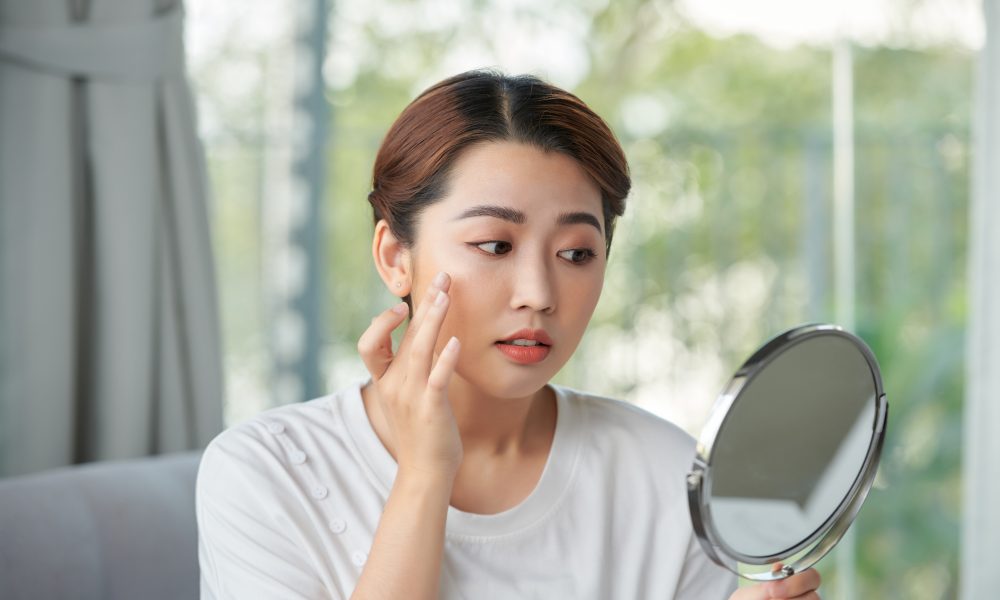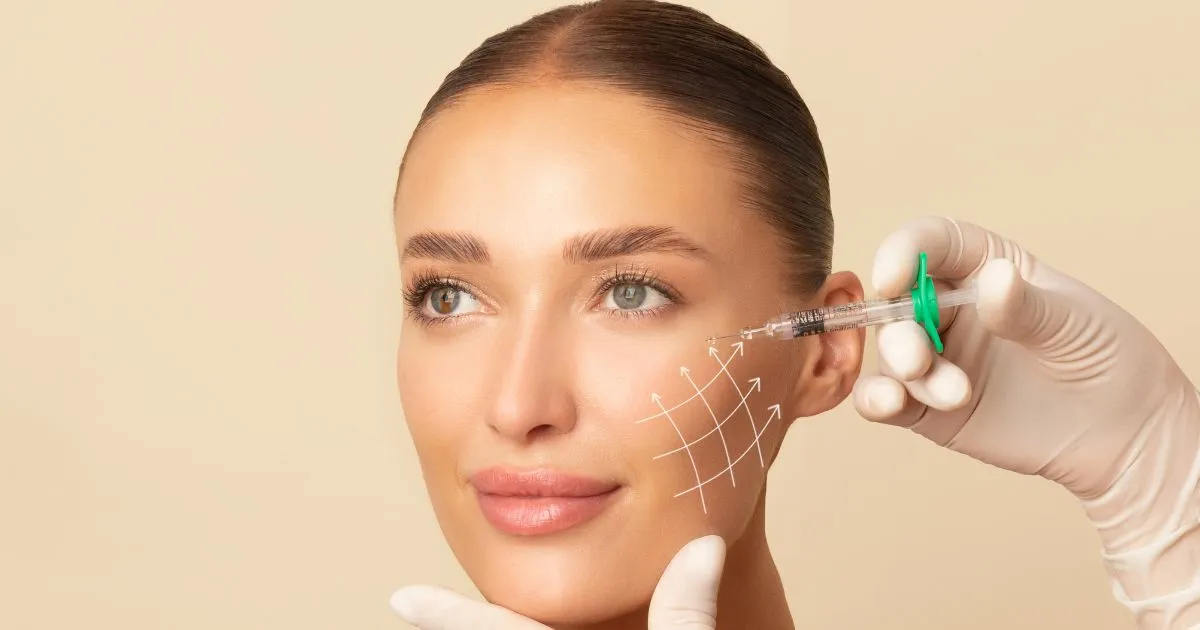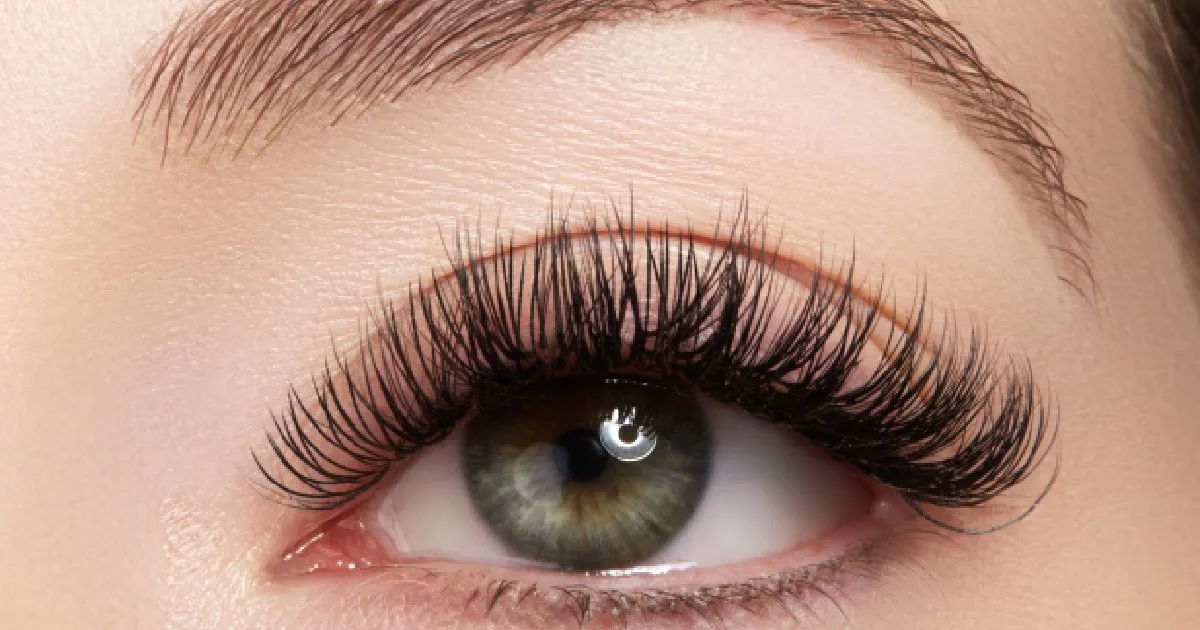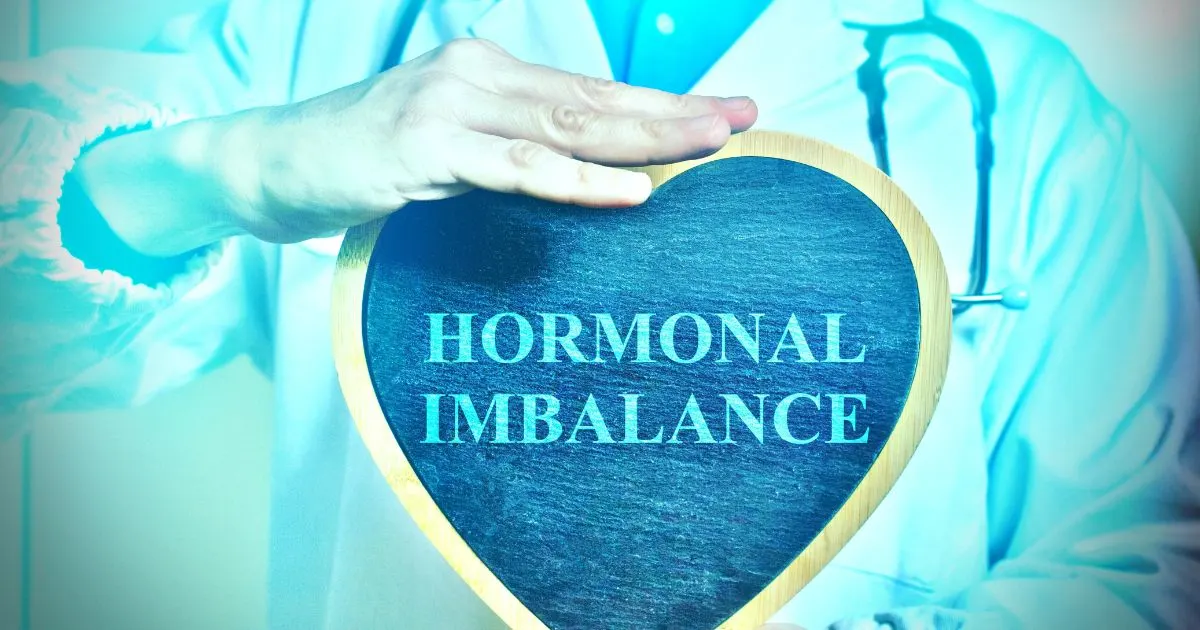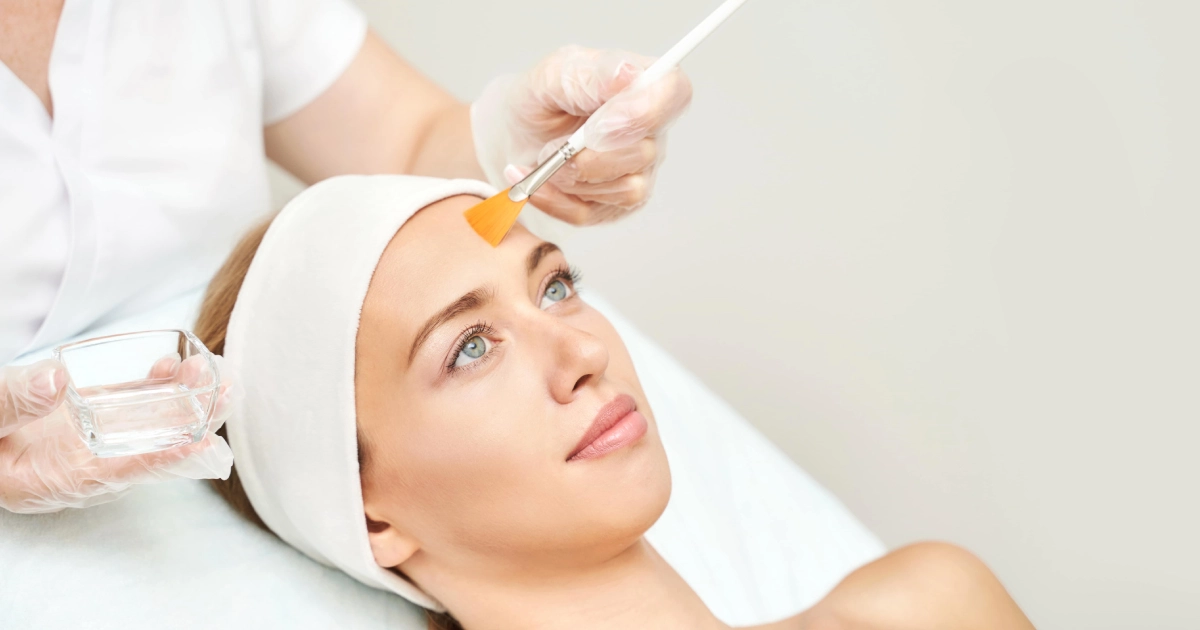Acne is a common skin condition that can be distressing and challenging, especially for individuals with acne-prone skin. While over-the-counter products and home remedies may provide temporary relief, professional skin treatments offer effective, long-lasting solutions. This article will explore a range of professional skin treatments specifically designed to address acne, giving detailed insights into each approach.
Understanding Acne-Prone Skin
Clogged pores, inflammation, and frequent breakouts characterize acne-prone skin. To effectively treat acne, it is crucial to understand its underlying causes and characteristics. Acne can manifest in different types, such as whiteheads, blackheads, papules, pustules, nodules, and cysts. Contributing factors include hormonal imbalances, excess sebum production, bacteria, and inflammation. Identifying the specific skin characteristics of acne-prone individuals is vital in creating an effective treatment plan.
Dermatologist Consultation
The First Step When dealing with acne-prone skin, seeking professional help from a dermatologist is paramount. A dermatologist will assess the severity and type of acne, identify potential triggers, and determine underlying causes. This consultation allows for a personalized treatment plan tailored to individual needs. Additionally, a dermatologist can address concerns, provide guidance, and monitor progress throughout treatment.
Chemical Peels
Exfoliating for Clearer Skin Chemical peels offer a powerful exfoliation method that helps remove dead skin cells, unclog pores, and reduce acne breakouts. This treatment involves the application of a chemical solution that causes controlled skin peeling. Different chemical peels, such as alpha-hydroxy acids (AHAs) and beta-hydroxy acids (BHAs), are suitable for acne-prone skin. Chemical peels promote cell turnover, reduce oil production, and improve skin texture. Remember that chemical peels may have potential side effects such as redness, peeling, and temporary sensitivity to the sun.
Microdermabrasion
Smoothing Out Acne Scars Microdermabrasion is a non-invasive treatment that gently exfoliates the skin, reducing acne scars and improving overall texture. During the procedure, a handheld device sprays fine crystals onto the skin and vacuums away. This process exfoliates the outermost layer of dead skin cells and stimulates collagen production. Microdermabrasion can effectively minimize acne scars, reduce hyperpigmentation, and unclog pores. Post-treatment care is essential, and results are typically seen after several sessions. However, individuals with active acne should exercise caution.
Laser Therapy
Targeting Acne-Causing Bacteria Laser therapy has emerged as an effective treatment option for acne-prone skin. It works by targeting and destroying acne-causing bacteria while reducing inflammation. Different lasers, such as blue light and diode lasers, address acne. Blue light therapy targets the bacteria responsible for acne breakouts, reducing their population and preventing further infection. Laser therapy also helps to decrease sebum production, shrink oil glands, and promote collagen production for improved skin texture. Laser therapy may have potential side effects, including temporary redness, swelling, and mild discomfort. Consultation with a dermatologist is crucial to determine the most suitable laser treatment for individual needs.
Photodynamic Therapy
A Multi-Faceted Approach Photodynamic therapy (PDT) is a versatile treatment option that combines light activation and a photosensitizing agent to target multiple factors contributing to acne. First, a photosensitizing agent is applied to the skin, which is then activated by light of a specific wavelength. This process targets oil glands, bacteria, and inflammation. PDT helps to reduce sebum production, eliminate acne-causing bacteria, and minimize inflammation. It is particularly effective for stubborn acne that does not respond to other treatments. After PDT, individuals may experience temporary redness, swelling, and sensitivity to sunlight. The number of sessions needed may vary on the severity of the acne.
Prescription Medications
Supporting Acne Management For severe or persistent acne, dermatologists may prescribe medications to complement professional skin treatments. These medications may include topical creams or gels containing ingredients such as retinoids, benzoyl peroxide, or antibiotics. Retinoids work by unclogging pores, promoting cell turnover, and reducing inflammation. Benzoyl peroxide effectively kills bacteria and reduces inflammation, while antibiotics target bacterial overgrowth on the skin. Oral medications such as isotretinoin may be prescribed for severe acne. It is essential to follow the dermatologist’s instructions carefully and to know the potential side effects, such as dryness, redness, and increased sensitivity to the sun.
Integrating Skincare Routine
Enhancing Treatment Results While professional skin treatments are essential, maintaining a consistent skincare routine is crucial for long-term success in managing acne-prone skin. A well-rounded skin care routine should include gentle cleansers and moisturizers specifically formulated for acne-prone skin. Look for products labeled as non-comedogenic, meaning they do not clog pores. Salicylic acid, tea tree oil, and niacinamide can further support acne management. Establishing a routine that includes twice-daily cleansing, moisturizing, and sunscreen application is essential for maintaining healthy skin. Additionally, avoid picking or squeezing acne lesions, leading to scarring and further inflammation.
Conclusion
Effectively treating acne-prone skin requires a comprehensive approach that combines professional skin treatments with a personalized skincare routine. Understanding the causes and characteristics of acne-prone skin is crucial in determining the most suitable treatment options. Dermatologist consultation plays a pivotal role in assessing the severity of acne, identifying triggers, and tailoring a treatment plan.
Integrating a consistent skincare routine with non-comedogenic products enhances treatment results and supports long-term acne management. By adopting a comprehensive approach, individuals with acne-prone skin can regain confidence and achieve clearer, healthier skin. Remember, patience and consistency are essential when treating acne-prone skin.
At Roots Wellness and Medspa, we understand the challenges associated with acne-prone skin, and our team of experienced dermatologists and skin care professionals is devoted to providing the best treatment options available. With a focus on personalized care, we offer a range of professional skin treatments tailored to your needs. Our state-of-the-art facility has advanced technology and innovative techniques to ensure effective results.
Whether you’re seeking chemical peels to exfoliate and rejuvenate your skin, microdermabrasion to reduce acne scars, laser therapy to target acne-causing bacteria, or photodynamic treatment for a multi-faceted approach, our skilled team will guide you through the process with the utmost care and expertise. We also offer prescription medications for more severe cases, ensuring comprehensive and effective acne management.
In addition to our professional skin treatments, our knowledgeable staff will guide you in establishing a customized skincare routine that complements and enhances the results of your treatments. We offer different services to help you maintain a healthy and vibrant complexion.
We are dedicated to helping you achieve your desired clear and radiant skin at Roots Wellness and Medspa. Contact us today, schedule your consultation, and take the first step towards a secure, blemish-free future.
